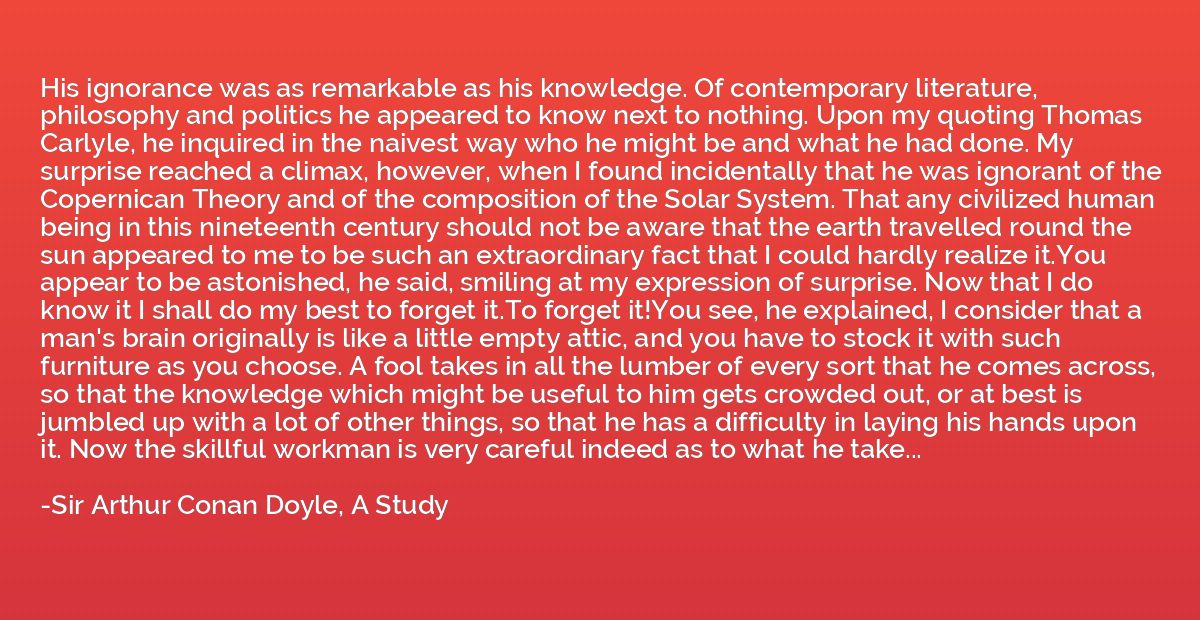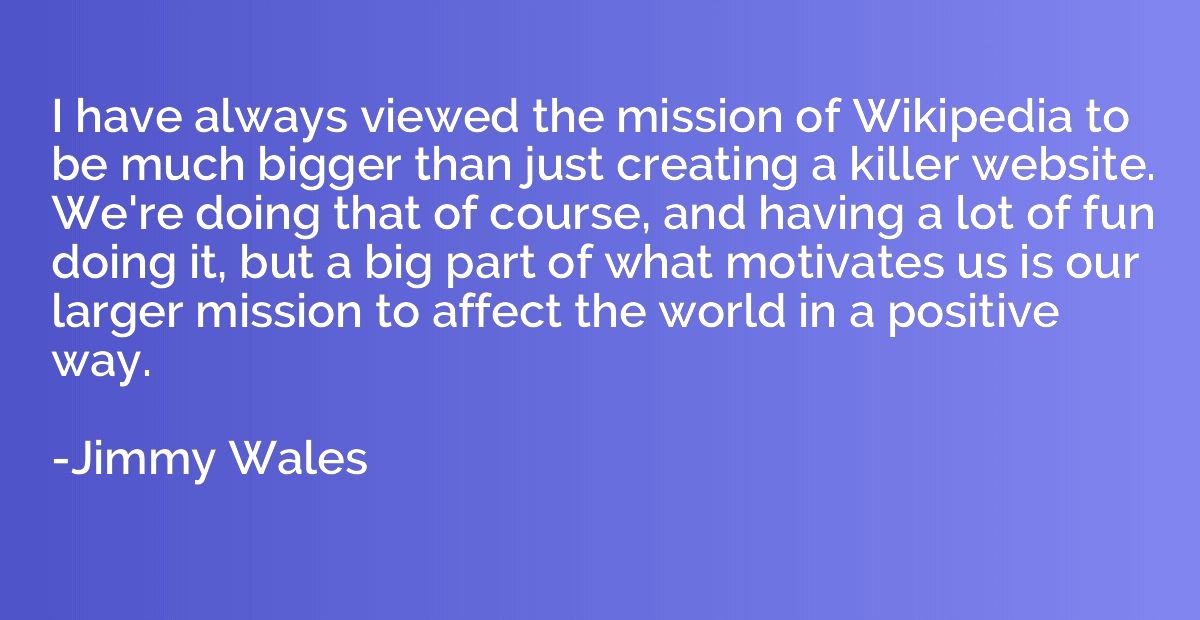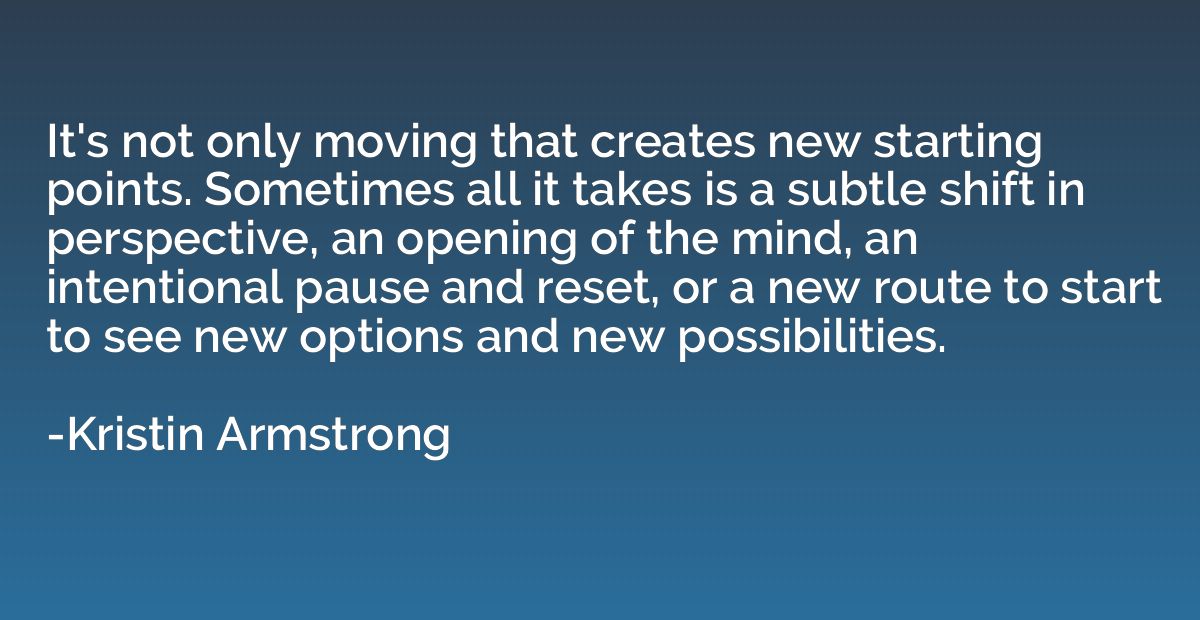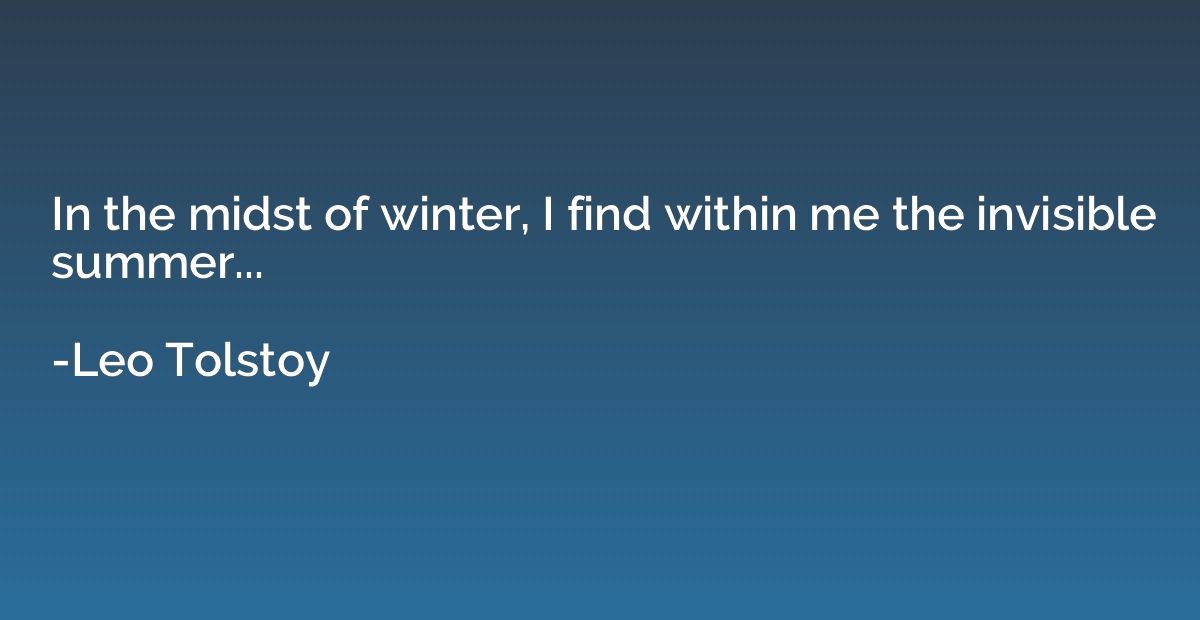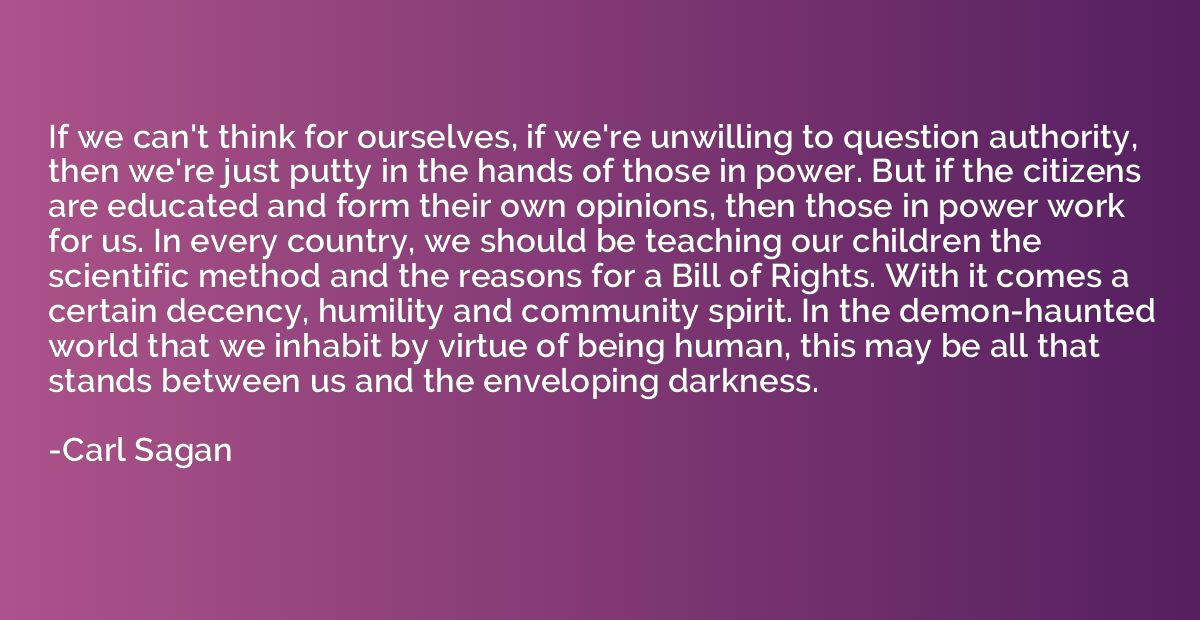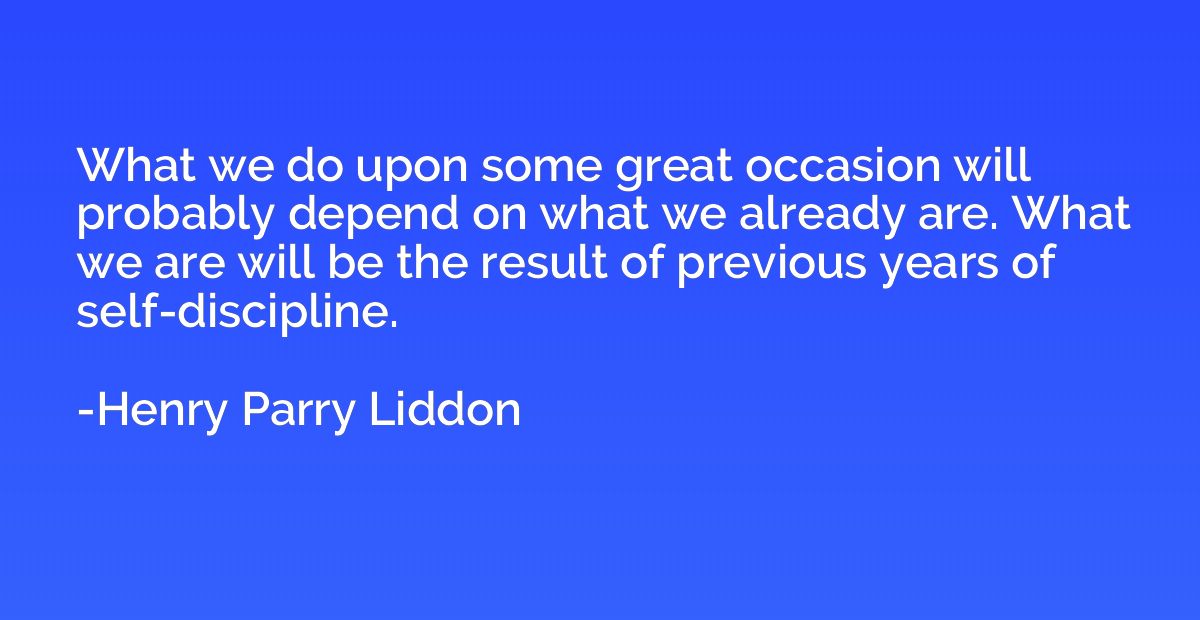Quote by George Orwell
I am a degenerate modern semi-intellectual who would die if I did not get my early morning cup of tea and my every Friday. Clearly I do not, in a sense, 'want' to return to a simpler, harder, probably agricultural way of life. In the same sense I don't 'want' to cut down on my drinking, to pay my debts, to take enough exercise, to be faithful to my wife, etc. etc. But in another and more permanent sense I do want these things, and perhaps in the same sense I want a civilization in which 'progress' is not definable as making the world safe for little fat men.

Summary
This quote reflects the inner conflict of the speaker concerning their desires and behaviors. They acknowledge their dependency on certain modern comforts, like tea and leisure activities, even though it contrasts with their understanding of a simpler, harder lifestyle. The speaker implies that although they may not actively want to change their behaviors or return to traditional values, on a deeper level, they desire a different way of living. They question the definition of progress, suggesting that true progress should not be measured by superficial achievements or catering to self-indulgent desires, but rather by creating a civilization focused on more meaningful values.




